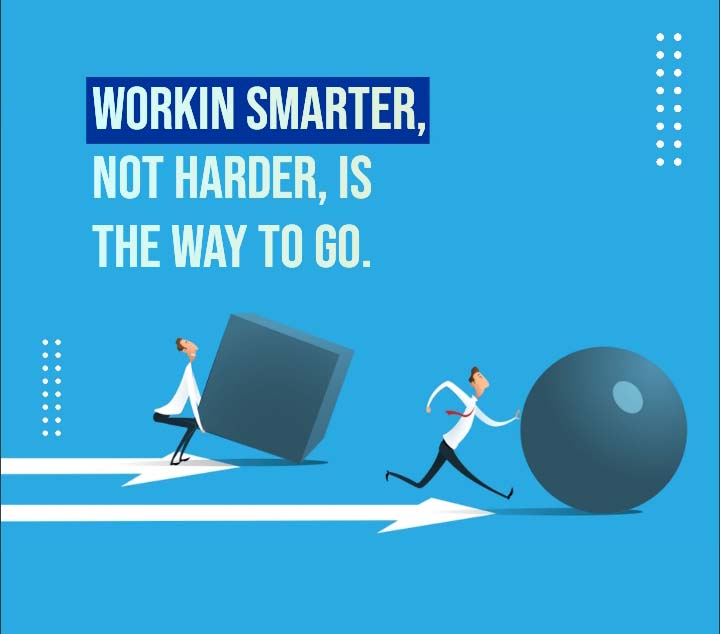
Decades of research show that enhancing the entire culture is a considerably more effective method to enhance business results and push growth than the surveys that many executives believe can help them change their company's culture on their own. While employee involvement is important, it is a byproduct of a positive corporate culture.
What does it mean to say that an employee is "engaged" at work? Culture and work satisfaction are the focus of this term. An employee's understanding of the overseas job consultancy’s expectations and goals improves as a result of a well-established corporate culture, Employees who are actively involved in their work are more likely to be satisfied, motivated, and loyal to their employers.
In what ways does a company with a high-performance culture differ from others?
There is no one-size-fits-all culture in the workplace. Behavior and conventions in your workplace may be harmful and unsupportive to employees. High-performance cultures are defined by the behaviours and conventions that help your company succeed by establishing clear business objectives, outlining job tasks, cultivating an atmosphere of mutual respect and encouragement for people to develop and reinvent themselves.
There are high-performance cultures that are supportive, positive, and proactive. Every day, they actively involve their workers. Leadership and recruitment are the hallmarks of high-performance cultures (think Google). Companies with unique cultures that enable them to remain competitive in the workplace and financial markets are included in this group.
What Effect Does Culture Have on the Level of Engagement of Workers?
A high-performance corporate culture has a direct impact on the level of engagement of its employees. Why? High-performance cultures clearly define healthy and supportive behaviors and standards. Employees are well-versed in the culture and expectations of their workplace. They are certain that they have the backing of their loved ones. As a result, individuals have a sense of involvement. Culture and employee engagement are intimately linked. Improve your company's culture as the first step toward increasing employee involvement.
Listed below are a few methods for doing so:
1. Define Your Culture Clearly
Documenting your company's culture is the first step in fostering high levels of employee involvement. There's nothing more important to a company than its culture. Don't be afraid to be specific about your goals!
2. Keep a record of the culture you've established for yourself.
Any or all of the above may be used in a presentation or employee handbook or intranet site. Distribute your culture's documentation as far as possible when you've finished. Your culture should be presented as a follow-up. Everywhere from town halls to individual employee meetings to manager-to-employee meetings, this may happen.
3. Take a Poll of Your Workers
Measure your company's culture on a consistent basis. You'll be able to:
â— Identify the positive aspects of the corporate culture and build on them.
â— Recognize the areas in which your company's culture may be improved.
â— Make them feel like they are being heard
4. Encourage Employee Involvement
As soon as you've figured out how to enhance company culture, get your staff on board. As a result of their input, explain how you intend to take action. Focus groups should be formed around your priorities.
Encourage your workers to come up with alternative solutions during brainstorming sessions. In whatever way you decide to engage your workers, the rewards will be enormous. In this way, employees will feel more involved in establishing and maintaining your company's unique culture.
Conclusion
There is a lot of strain in building a strong culture. Getting there isn't a one-and-done mission. Rather, it's important to develop your culture on a regular basis for its long-term benefit. To maintain an engaged workforce, your company must invest in its culture on a regular basis.
Companies can stay up with their workers' expectations for success by offering training opportunities, the most up-to-date technology, management assistance, and an open mind about what makes a great working environment. Employee engagement doesn't just happen; it's built over time by focusing on the needs of employees and leveraging that to build a strong company culture.

Leave a Reply